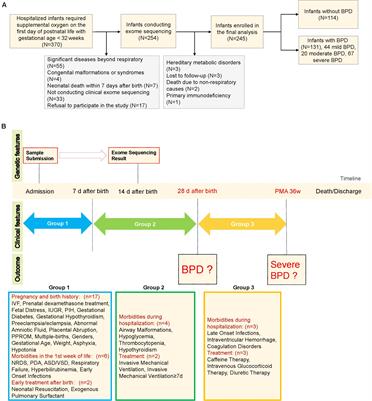ORIGINAL RESEARCH
Published on 19 Apr 2022
Genetic and Clinical Features of Heterotaxy in a Prenatal Cohort
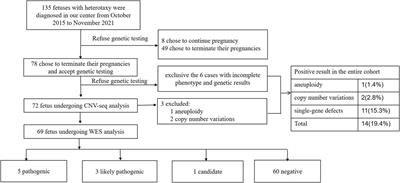
doi 10.3389/fgene.2022.818241
- 7,084 views
- 16 citations
10k
Total downloads
52k
Total views and downloads
ORIGINAL RESEARCH
Published on 19 Apr 2022

ORIGINAL RESEARCH
Published on 24 Mar 2022

CASE REPORT
Published on 14 Mar 2022
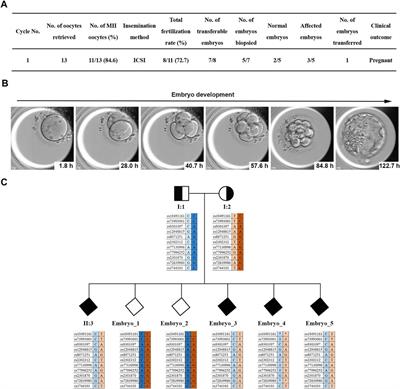
ORIGINAL RESEARCH
Published on 10 Mar 2022
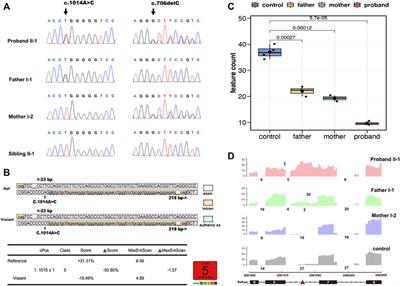
ORIGINAL RESEARCH
Published on 07 Mar 2022
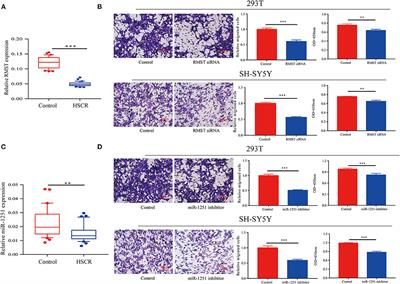
CASE REPORT
Published on 02 Feb 2022
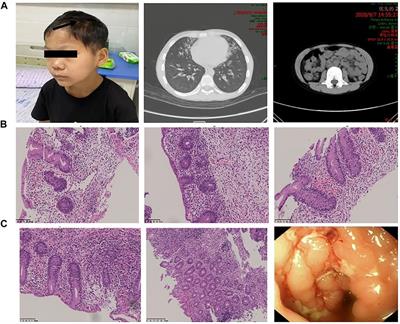
ORIGINAL RESEARCH
Published on 18 Oct 2021
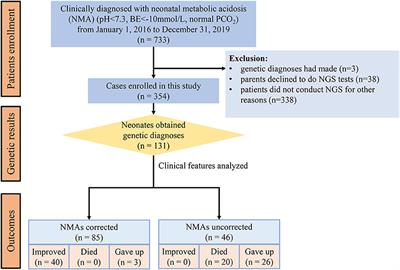
ORIGINAL RESEARCH
Published on 04 Oct 2021
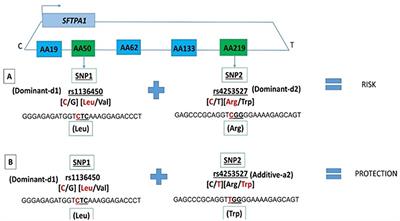
ORIGINAL RESEARCH
Published on 04 Aug 2021
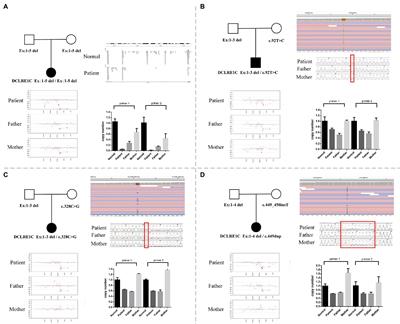
ORIGINAL RESEARCH
Published on 02 Jul 2021
